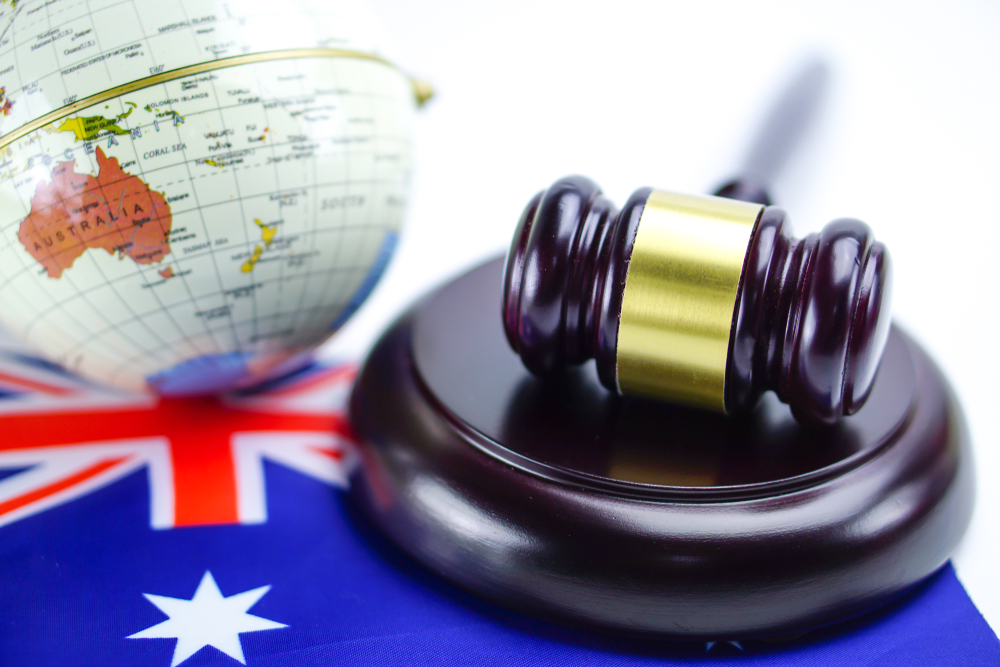The Australian government proposes a hawkish bill to arrest misinformation perpetrated using social media channels. The proposed legislation threatens to impose huge fines for tech firms guilty of failing to eliminate misinformation.
Communications Shadow Minister Considers Proposed Misinformation Bill as Triggering Serious Overreach
The draft bill drew criticism from David Coleman, who serves as the Shadow Communications Minister. He alleges that approving the draft bill into legislation could trigger serious implications. In particular, he considers it a threat to free speech.
Contrary to the criticism lodged by Coleman, the draft bill seeks to empower the media regulator – the Australian Communications and Media Authority (ACMA), with the power to fight deceptive information. The bill targets to empower ACMA with the authority to obligate digital platforms, including Facebook and Google, to run records relating to disinformation and misinformation. The bill obligates the companies to hand over the records on request to the ACMA.
Bill Empowers ACMA to Combat Deceptive Information
The bill empowers ACMA to formulate and enforce industry-wide standards and codes of practice. The new standards introduced stricter measures to fight off misinformation. Combating deceptive information mandates ACMA to expedite creating and implementing of the industry standard.
Tech and social media firms breaching the proposed provisions in the draft bill would attract steep penalties. The bill caps the fines at 6.88 million Australian dollars translating into $4.6 million. Alternatively, the bill proposes a fine not exceeding 5% global turnover of the firm. Reviewing the proposal using Facebook parent entity Meta’s turnover indicates a 5% fine would yield $5.3 billion, approximately AU$ 8 billion.
A June 26 publication by ABC cited Federal Communications Minister Michelle Rowland’s pronouncement, restating the Labor-led government’s commitment to safeguarding Australians from deceptive online information.
Rowland lauds the promoters of the new bill for granting the ACMA oversight powers to hold the digital platforms accountable for dis- and misinformation orchestrated on their services. He observed that the legislation would enable AMCA to lift the veil to scrutinize the platforms’ mechanisms and measures implemented to ensure compliance.
Liberal Party Opposed to the Provisions in Communication Draft Bill
The proposals to obligate tech firms to maintain a trail of records on misinformation are attracting criticism led by the Liberal Party. The party members are concerned that the proposals threaten to erode freedom of speech. The critics illustrate that the definition of misinformation as currently proposed is vulnerable to varying interpretations.
The proposed bill considers misinformation as unintentional false and deceptive content likely to mislead the recipients. Additionally, disinformation involves the misinformation that a party may intentionally disseminate to inflict serious harm.
Coleman restates the opposing stance of the Liberal Party that the draft bill portrays a rushed policy regarding complex matters. Policing the subject necessitates avoiding government overreach. He contends that the bill is ambiguous as it fails to outline the party and principle applied in ascertaining that certain content qualifies as disinformation or misinformation.
Labor Party March to Fight Misinformation and Disinformation Advances to Public Participation Stage
The Labor Party is open to criticism, with individuals of alternative opinions invited to air their views during the public consultation for the bill scheduled to end on August 6. The proposals captured in the Communications Legislation Amendment Bill 2023 underscore the fight against misinformation and disinformation characterizing online content.
The journey to the Combating Misinformation and Disinformation Bill of 2023 portrays the government’s devotion to eliminating content misleading Australian consumers. The bill reincarnates efforts by the Australian government to bring tech giants under its check.
The fight against misinformation surfaced on August 12, 2022, when Google settled an AU$60 million fine translating to $40 million after the authorities proved it misled Australian consumers concerning data collection.
A previous incident witnessed in February 2021 saw Facebook issue a temporary ban to Australian users. The move hindered Australians from sharing and viewing newsfeed content following a heated conflict between Facebook and the Australian government concerning the draft media bargaining bill.
